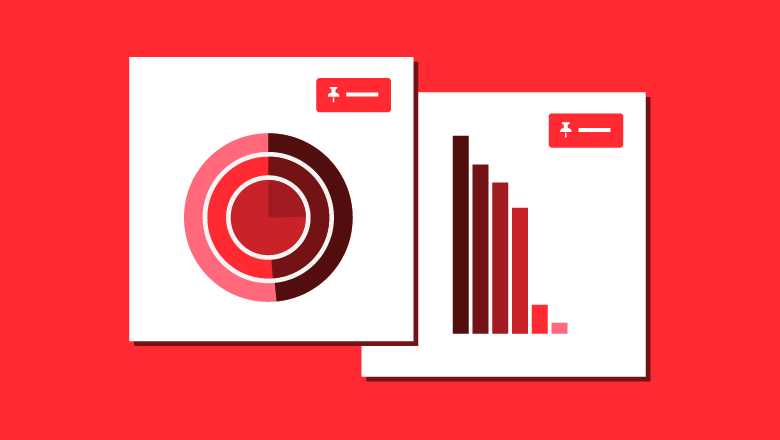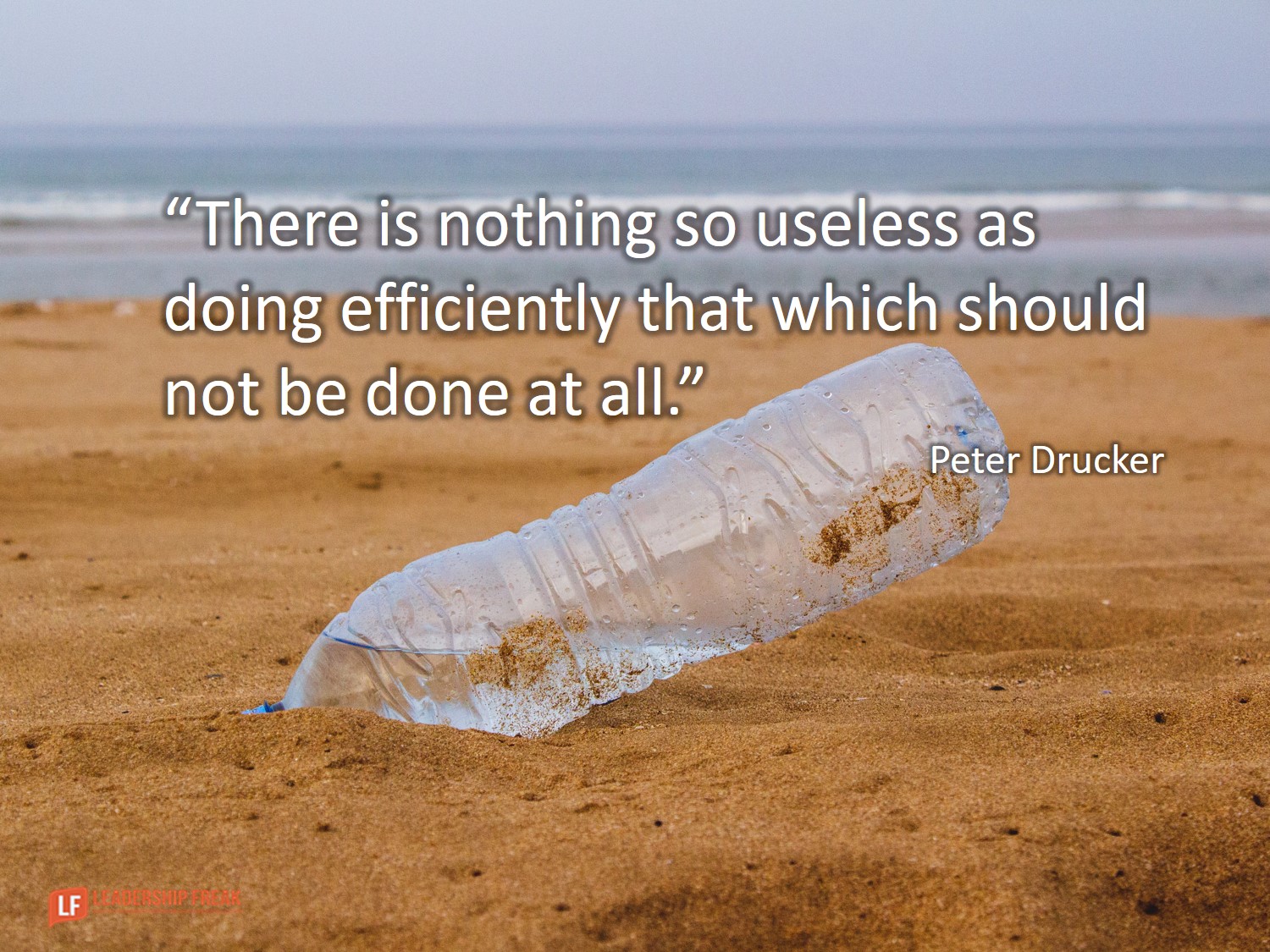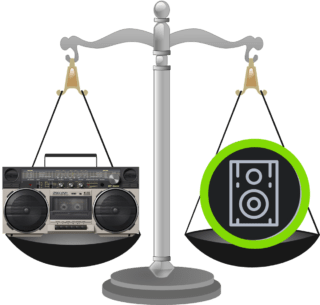
iHeartMedia is a lean-forward company that is always on the move, pushing their strategic goals through new acquisitions and initiatives. In many ways, they function as a bellwether for the rest of the radio industry – not just because they’re the largest, but because they very much lead with their strategic mission. From the development of iHeartRadio to the acquisition of the Stuff Works podcast empire, the company has been consistently focused on “what’s next?” – not “what was.”
And they’re been in the news a lot lately. If you’ve been paying attention to the radio trades and financial publications, iHeart has already made a number of announcements during Q1 of 2021.
Perhaps the most attention-getting was iHeart’s purchase of Triton Digital from Scripps for $230 million – a bold move that shores up the company’s media and technology efforts.
Then there was the announcement of a technical enhancement to the company’s podcasts – 3D audio. A number of new podcasts will reportedly “place listeners in the middle of an audio soundscape.”
And iHeart’s podcast division heralded a production partnership with UK-based Novel. This collaboration includes podcasts in the history, true crime, and documentary genres.
That’s a lot of activity in just the last several days. But perhaps iHeartMedia’s most ground-shaking announcement might have slipped under the radar. Last week, iHeart announced a new business structure, in essence creating two operation divisions. It’s a total realignment of how the company will operate, report its earnings, and strategize its future.
 The Digital Audio Group, run by podcasting maven Conal Byrne (right), will be comprised of digital advertising, newsletters, digital services, and of course, podcasts – iHeart’s new bread and butter.
The Digital Audio Group, run by podcasting maven Conal Byrne (right), will be comprised of digital advertising, newsletters, digital services, and of course, podcasts – iHeart’s new bread and butter.
The other division is the Multiplatform Group, which now accounts for 75% of the company’s revenue. It is made up of those 860+ radio stations, the live and virtual events division, national sales (Katz), syndicated programming (Premiere Networks), the Total Traffic and Weather Network, as well as its new BIN – Black Information Network. This more traditional division of iHeart will be headed up by Greg Ashlock.
Familiar names that include Julie Talbott, Hartley Adkins, and Tony Coles will have senior management roles in this newly minted group.
Why make these structural moves? And why now?
Bob Pittman’s statement scratched the surface, checking off all the Wall Street boxes:
“These new reportable segments will enable us to strengthen the mission and tighten the focus of both the iHeart Digital Audio Group and the iHeart Multiplatform Group, while accelerating our ability to deliver industry-leading products and services to our listeners and advertising partners across all of our platforms.
“Creating these two business reportable segments will allow us to provide the investment community with increased visibility into the financial results of each segment – enabling them to better appreciate the strong growth and success of our digital businesses, including our industry-leading podcast business, as well as the continued strength of our broadcast radio and marquee events businesses.”
We know that for now the Multiplatform Group comprises the lion’s share of the company’s revenue. But that trend may not last as the Digital Audio Group continues its remarkable growth trajectory.
So, how do we interpret what’s going on at iHeart – as well as the ones taking place in the inner sanctums of other large radio companies in what is hoped will be a strong recovery year?
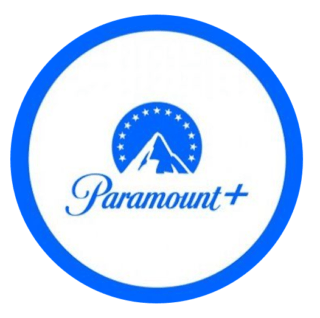 For clues, we look squarely at what’s happening at ViacomCBS – another massive traditional content player, at odds with itself over its past, present, and of course, future. In order to stay competitive, the company has launched a number of initiatives that while important, could also be considered countervailing – that is, the progress of one division might turn out to be erosive to another.
For clues, we look squarely at what’s happening at ViacomCBS – another massive traditional content player, at odds with itself over its past, present, and of course, future. In order to stay competitive, the company has launched a number of initiatives that while important, could also be considered countervailing – that is, the progress of one division might turn out to be erosive to another.
Like all legacy behemoths, ViacomCBS is chasing an uncertain future. Tomorrow, they launch the much marketed Paramount Plus, their new streaming challenger to Netflix, Hulu, AmazonPrime, HBOMax, Peacock….yes, the list gets longer with each passing month.
Chances are, you subscribe to at least two of these services, especially important during COVID. Do you really need another one?
So, you might be thinking ViacomCBS is already behind the curve – and they are. But as we saw with Disney+ – and its truly impressive growth in 2020, great content is what powers these new platforms.
If you watched the Super Bowl (on CBS), you no doubt saw several ads for the much-hyped new service. In yesterday’s blog post, we highlighted the resurrection of “Frasier,” described as a “flagship offering” of Paramount+.
The new brand is positioning itself as “a mountain of entertainment,” typified by the large cast of big stars in their marketing campaign:
In a really smart Washington Post analysis by Steven Zeitchik, the subtitle says it all about the challenge ahead for Viacom/CBS:
“How to hold on to old money while pursing the new”
 It’s this ongoing struggle between chasing digital dollars without losing traditional revenue that is the core mission – not just for ParamountCBS and iHeart, but with any media company trying to turn that corner.
It’s this ongoing struggle between chasing digital dollars without losing traditional revenue that is the core mission – not just for ParamountCBS and iHeart, but with any media company trying to turn that corner.
ParamountPlus launches tomorrow, and as we covered in yesterday’s post, they’re lining up the content – the “Frasier” reboot and a new Tyler Perry scripted series among them. Other content from the company’s cable channels – MTV, Showtime, BET – will contribute to the new menu.
Add to that hit Paramount classic movies that include “Fatal Attraction” and “Grease,” as well as new releases like “Mission Impossible 7” which will be shown in theaters for only 45 days before making its debut on Paramount+.
In the Post story, founder of consultancy cg42, Stephen Beck, put it in a way we can all relate to: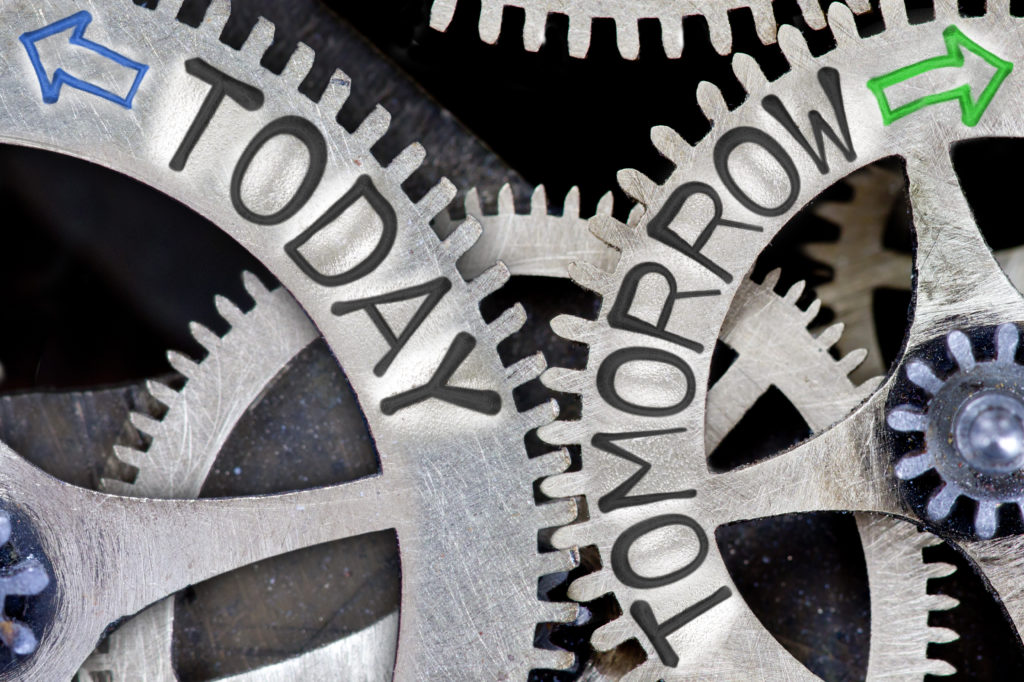
“How do you find that balance between today and tomorrow?”
For ParamountCBS, the gears are most definitely turning. That’s because as Paramount+ is launched, will their premium channel, Showtime, get nicked?
A great start by this new streaming platform could encourage consumers to cancel cable or satellite all together.
As new research from Variety Intelligence Platform shows, one-fifth (21%) of all cable or satellite customers have “cut the cord” over the past three years. We show the exact same percentage in our new Techsurvey 2021. The more success streaming services attain, the more consumers will do the math and ax their pay TV commitments.
And then there are the TV affiliates who are no doubt miffed their Paramount+ may be drawing attention away from their local broadcast empires.
In other words, there are a lot of moving parts.
And that’s the same calculus Pittman and Bressler have made at iHeart, pushing their streaming music platform, iHeartRadio, along with their podcast holdings – even though their traditional business – that is, broadcast radio – faces even greater pressure to hold its own amidst all these digital offerings.
A big difference here is monetization. For Paramount/CBS, their new platform is a direct-to-consumer play.
For iHeart, their revenue is still mostly dependent on traditional commercials and sponsorships – a different business plan.
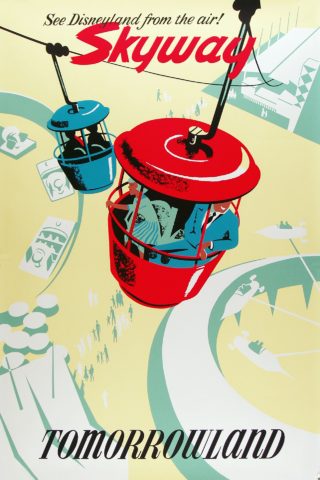 Still, this push/pull relationship between “today” and “tomorrow” now defines their divisions, as well as the employees who work there. Part of the Kabuki dance legacy media companies have to perform when they make hard forays into digital is keeping everyone happy – advertisers, audiences….and their workers.
Still, this push/pull relationship between “today” and “tomorrow” now defines their divisions, as well as the employees who work there. Part of the Kabuki dance legacy media companies have to perform when they make hard forays into digital is keeping everyone happy – advertisers, audiences….and their workers.
At so many companies, this today/tomorrow equation has boiled down to shifting dollars from one bucket to another in order to attain specific quarterly goals. But drawing hard lines between operating and reporting centers truly raises the bar. It also gives employees something to think about.
For iHeart staffers and execs, it may seem more exciting to be part of “Tomorrowland,” but the onus on those who are slugging away at their 2021 legacy goals is every bit as important to the enterprise.
Will these intra-company divisions end up being competitive or cooperative? Will they mesh or will they grind?
Pittman and Bressler will be tasked with keeping everyone focused, happy, and successful as the company navigates the today/tomorrow terrain.
For the rest of the pack, it represents another heard choice, one that is already being made across many traditional media companies.
iHeartMedia is one very big canary in the digital media coalmine. 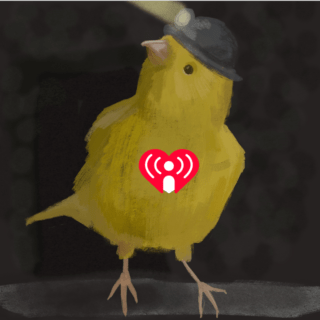
It will be fascinating to watch how they – and everyone else – structures and executes this next chapter in the transition between traditional and digital success.
How will your company navigate the balance of today and tomorrow?
Read more: jacobsmedia.com



